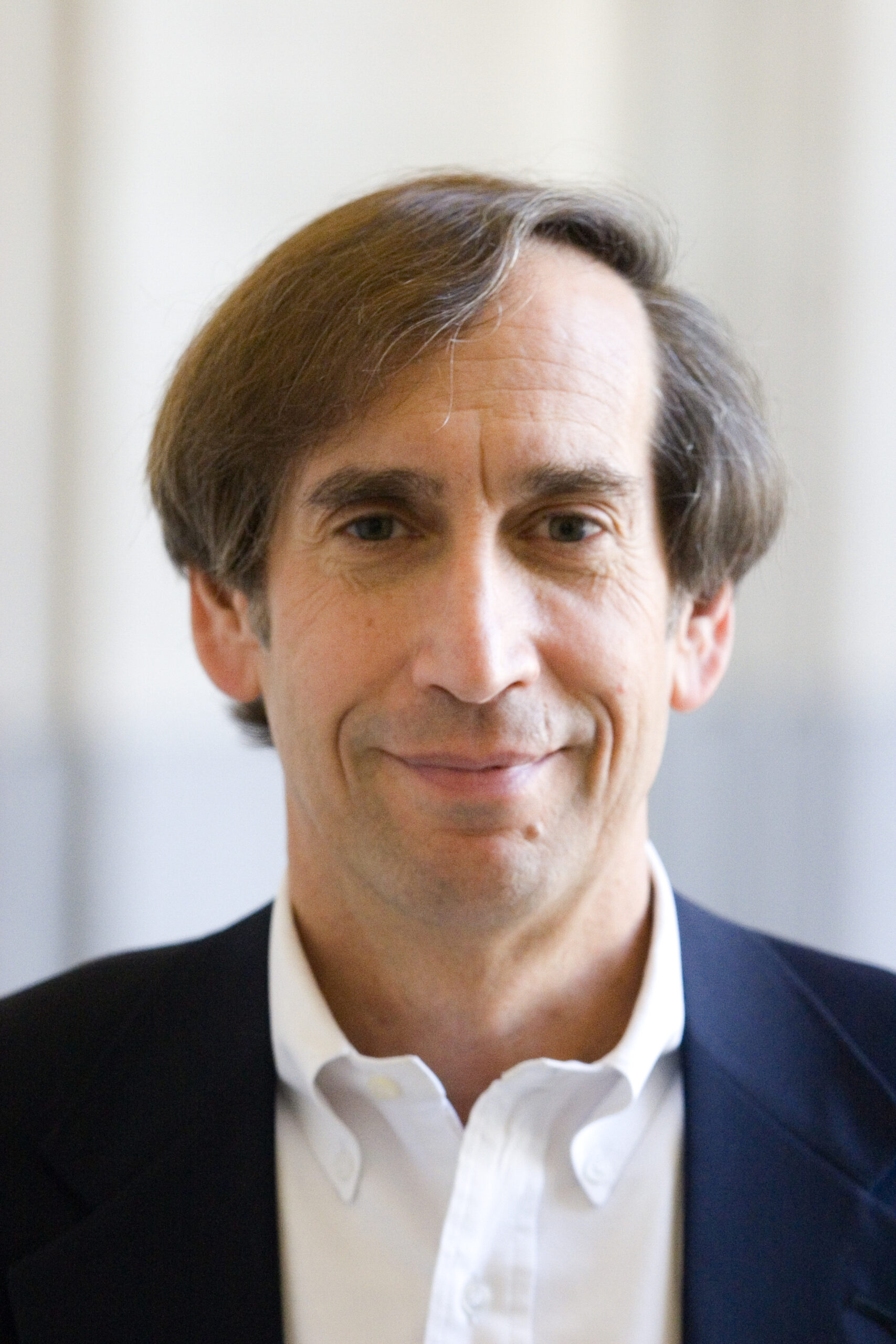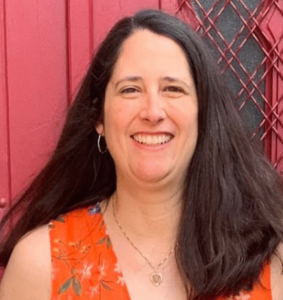Cornelia Ehlebracht ’25
News Editor
On Monday, March 4, 2024, Trinity College Hillel co-sponsored the first event in a new series entitled “Bridging Divides” along with the Office of Spiritual and Religious Life, Human Rights Studies and Office of the President. The event titled “Lessons From 25 Years Of Seeking Peace In The Middle East” brought speaker Aaron David Miller to campus.
As President Joanne Berger-Sweeney explained in her Feb. 22, 2024 letter to the community, Trinity’s new “Bridging Divides” series was “designed to promote small group discussions about challenging topics that are shaping our viewpoints but also dividing our society. This new series will empower our small residential college community to come together, bridge divides across a range of identities and ideologies, and reject far-too-common paradigms that unnecessarily increase tensions between groups.” According to the Carnegie Endowment for International Peace, Aaron David Miller, a senior fellow, is a renowned scholar and Middle East analyst, specializing in U.S. foreign policy. In 1977, Aaron David Miller received his Ph.D. from the University of Michigan, specializing in the field of Middle East and U.S. diplomatic history. From 1978 to 2003, Miller held various positions at the State Department, advising secretaries of state on Middle East affairs. He served as a senior advisor and deputy special coordinator for Arab-Israeli negotiations, among other roles, receiving distinguished awards for his exceptional service. Miller is a member of the Council on Foreign Relations and has been a featured speaker at prestigious forums. His articles have been published in reputable outlets including, New York Times, Washington Post and Politico and he is a sought-after commentator on major news networks such as CNN, MSNBC and NPR.
Miller’s talk primarily addressed the importance of staying engaged and fostering honest dialogue to address pressing issues. He emphasized that the responsibility of finding solutions does not rest solely on individuals but requires collective engagement. He remarked, “It’s not on any individual to solve this … we have to stay engaged.” This highlighted the need for active participation and continuous involvement to effect change.
When questioned by moderators about his cultural background and personal connection to the topic, Miller made it clear that his expertise and experience in working on Arab relations were more significant than his cultural background. He stated, “My background is not the issue, my experience working on Arab relations is.”
Reflecting on his personal journey, Miller shared that his passion for becoming a history professor emerged at an early age. Initially drawn to Civil War history, he later shifted his focus to American diplomacy and Middle Eastern history. At the time, he explained, the only place he could study Arabic as a living language was Jerusalem. He recounted how his travels to the West Bank in 1978 led him to realize that teaching history alone was no longer sufficient. This personal experience shaped his perspective and drove him to advocate for critical analysis and proactive problem-solving.
Miller firmly emphasized conversation as the way forward, stating, “The only thing I will advocate for is honest, civil and thoughtful dialogue.” As a politically impartial individual, Miller highlighted his experience working for both Republicans and Democrats, as well as his voting history. He affirmed, “I’ve worked for Republicans and Democrats, I’ve voted for Republicans and Democrats.”
Miller acknowledged the unpredictability of history, noting, “The arch of history bends in ways that are fundamentally unpredictable.” In discussing objectivity and truth, Miller cautioned, “There is no gold standard of objectivity… the best you can do, unless you want to deny who you are, is to set aside those prejudices and open up to others.” Encouraging students to embrace new opportunities, Miller urged them to step up and be bold. He emphasized, “Now is the time to step up, be bold and stretch your comfort zone.” This call to action motivated students to expand their horizons and engage in meaningful conversations that challenge their perspectives.
In his closing remarks, Miller highlighted the significance of the college environment and the opportunities it offers for personal growth. He exclaimed, “If you can’t do it here, do you think you’re going to do it out in the crazy world? No! You have a huge opportunity… I wouldn’t waste this opportunity.” This statement emphasized the unique platform that college provides for intellectual exploration and urged students not to squander their potential for personal and societal transformation.
Miller’s talk left a lasting impact on the audience, inspiring them to embrace dialogue, critical analysis and bold action. The “Bridging Divides” series aims to encourage group discussions on contentious topics, however, some students expressed disappointment with the Q&A section of the event, feeling that their questions were censored and that the promised back-and-forth discussion did not materialize. During the event, attendees were prompted to write down their questions on notecards, which were then passed to a professor who acted as an intermediary. The professor sifted through the notecards, combining similar questions and posing them to Miller on behalf of the audience. Due to the high level of attendance — over 50 people — there were simply too many questions for each one to be asked in its entirety. While many students appreciated Miller’s extensive knowledge on the topic and found value in his advice, they were disappointed by the lack of direct interaction and the inability to engage in a genuine conversation with the speaker. While the intention behind using notecards may have been to streamline the process and address as many questions as possible, it inadvertently created a sense of disconnection and limited direct engagement, as described by some attendees.
As Berger-Sweeney explained in her letter to the community the “launch of the Bridging Divides series is our next step to build community and to highlight important issues in today’s electric social and political climate – and to model how to disagree without animosity, listen empathetically, and just maybe, change our minds based on the evidence we hear.” The Trinity College community has two more conversations to look forward to in the “Bridging Divides” series, a talk by Liz Cheney and Ezra Klein, “On Defending Democracy and Finding Our Path Forward” and in April, a talk by professors Mira Sucharov and Omar Dajani also on the conflict in the Middle East.






+ There are no comments
Add yours